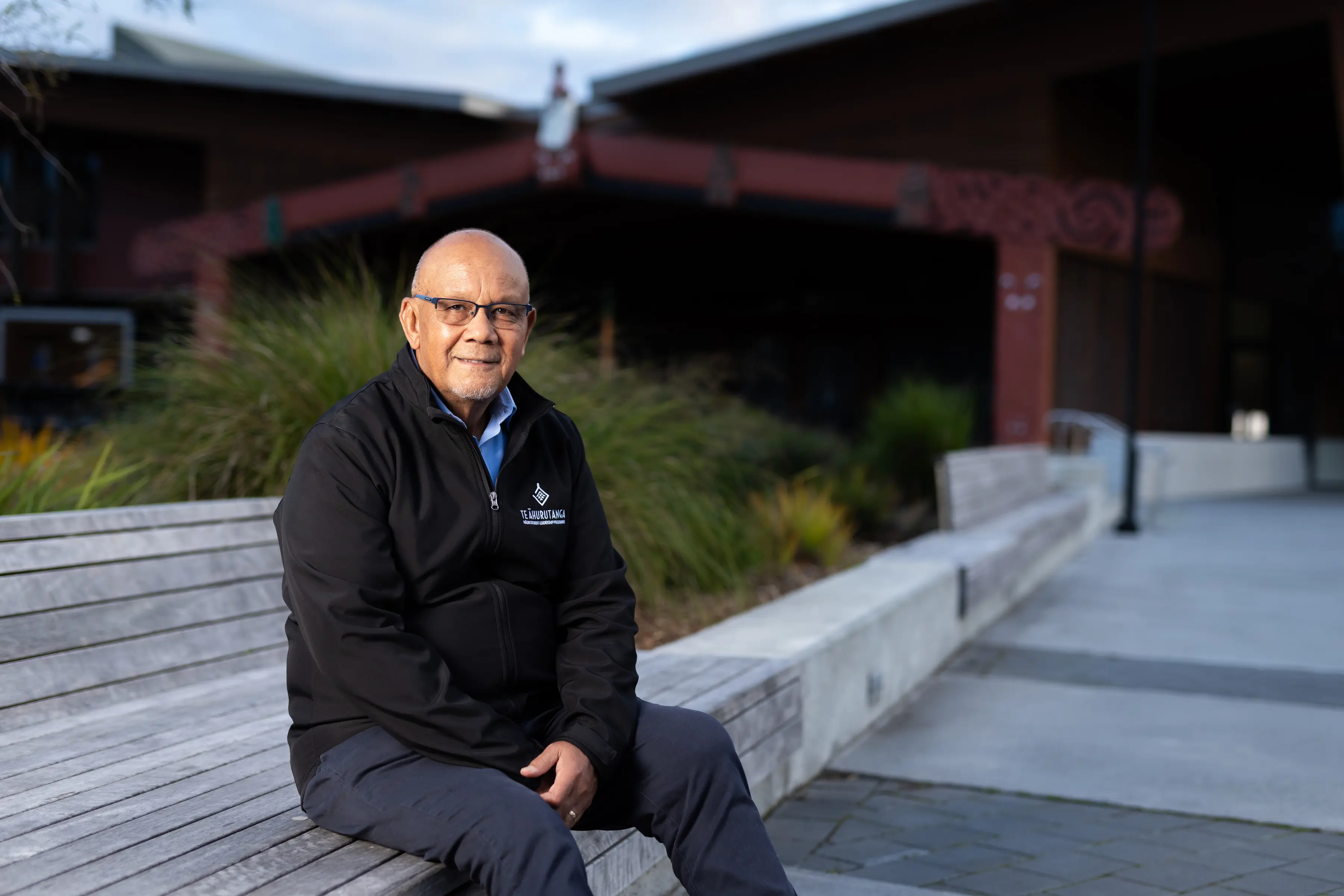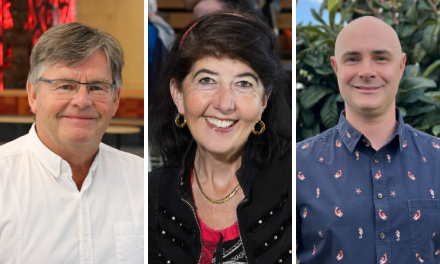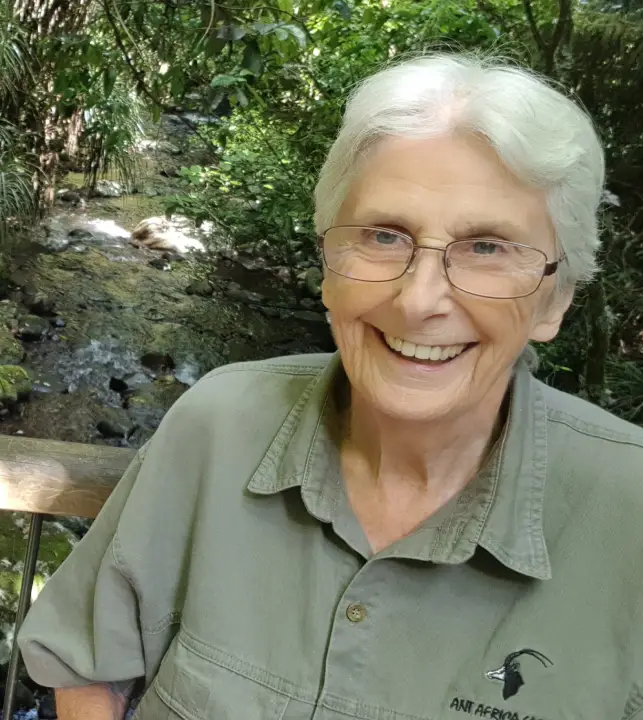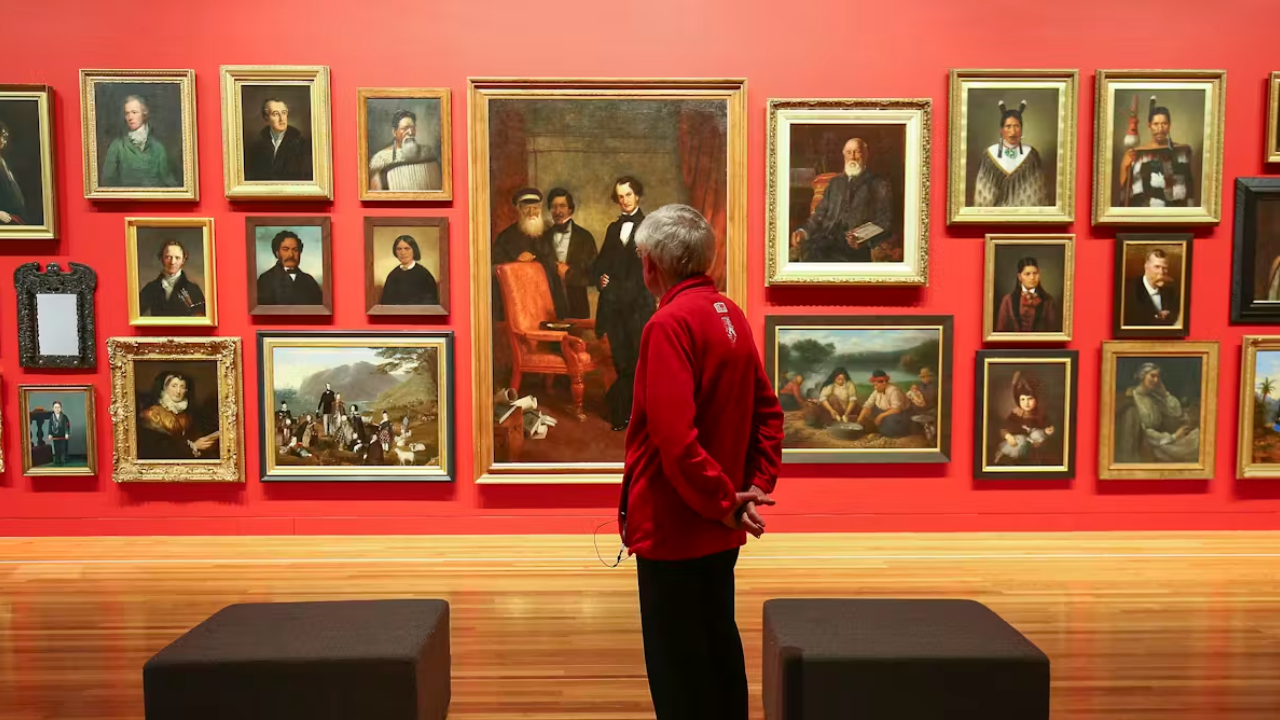An informal te reo Māori conversation group set up by leaders in the School of Education is helping increase vocabulary and confidence in using te reo Māori among University staff.
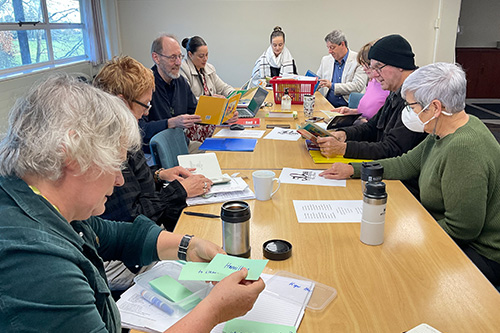
Assocaite Professor Chris Eames says the group's mahi is an example of how anyone can take the initiative to learn new skills in ways that work for them.
The conversation group was established in 2018 by Dr Dianne Forbes and Dr Donella Cobb, who wanted to bring colleagues together to support and motivate each other in the learning of te reo Māori.
Dianne says they first consulted with Māori colleagues to discuss their protocol and intent, with a goal of mobilising people to learn independently and as a group without placing an additional burden on fluent te reo Māori speaking colleagues. Fluent colleagues however still offered generous support, dropping in to give them guidance, feedback and tuition.
The group’s establishment predates the Taskforce and one of those who has stayed with the group since its inception, Associate Professor Chris Eames, says it was also set up because they recognised a shift in requirements for teachers, and therefore teacher education staff, to have proficiency in te reo Māori.
“We’re in the business of developing new teachers and it was recognised there is a shift towards requiring teachers to have proficiency in te reo Māori, so we thought it was important to personally improve our own skills,” says Chris.
Chris says their mahi is an example of how anyone can take the initiative to learn new skills in ways that work for them. Many of the resources they have drawn from can also be found on the Te Aurei website.
School of Education staff are invited each Wednesday morning to meet to use and build on their knowledge of te reo Māori in an informal and supportive environment. Another long-standing attendee, Associate Professor Nicola Daly says there is no expectation everyone can come to every session, which encourages people to attend when they can.
The group, known as Te Reo Parakuihi, covers a range of topics and uses resources readily available to facilitate their learning including picturebooks, sites like Tōku Reo and texts including Scotty Morrison’s book Māori Made Easy and Māori Dictionaries.
They have also gathered karakia, and waiata and used the Rangahau website for knowledge in research for mātauranga Maori. The Te Aurei website also has the University waiata, simple karakia and information about pȱwhiri at the University marae. There is also a pronunciation guide and useful expressions along with opportunities to undertake more formal study.
Chris says the informal supportive nature of the group has been key to its success, participants feeling safe to try out te reo Māori because they are all learning together.
“We have a kete where all these resources sit and depending on who is attending each Wednesday, the group can draw from the kete to create discussion and practice speaking te reo Māori,” he says.
Having a kete of different resources available provides a range of perspectives and approaches to learning language which means there’s something for everyone, says Nicola.
As the group has grown, they have started to bring more focus to their learning by setting out a monthly plan for what they want to focus on.
“At the start of the year we collectively outline broad monthly focuses to help shape the progress we make from week to week, and these are in the kete for whoever comes to refer to as they decide which resources they want to use for the session,” says Nicola.
“We’re all at various stages of confidence with our reo, and it’s very enjoyable bringing what we each have to the table each week,” says Nicola.
They also use things like pictures or photos to spark a conversation and practice te reo Māori.
“My own te reo Māori has improved significantly. I still have trouble with sentence construction but four years of one hour a week has made a big difference and that’s the key. You must be realistic about what is achievable,” says Chris.
He now felt confident enough to bless the kai at an event and says he is much more comfortable with pronunciation, karakia and waiata and has led them with his own classes.
“It’s progress bit by bit and an informal conversation group like we have created is low stress and achievable for people. There are many formal initiatives and study available but sometimes something simple and informal is more achievable for people,” says Chris.
Chris and Nicola are keen to see their group replicated in other schools and faculties across the University and are happy to be contacted by anyone interested in establishing their own conversation group.
This research aligns with the following United Nations Sustainable Development Goals:

